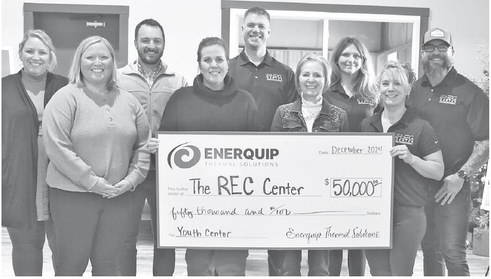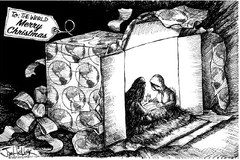a younger one, in some ….
a younger one, in some kind of trouble needing immediate financial assistance. These scammers will feed off of information you inadvertently give them. The caller will ask you not to call someone who could verify the legitimacy of the call (“Don’t call mom or dad”) and to send money in an untraceable manner.
• Utility shut off. The caller states you haven’t paid your utility bill and someone is on the way over to disconnect your service unless you make an immediate payment to the caller. These calls target small businesses but some consumers report receiving these calls at home. To check if what the caller says is true, call the number on your billing statement, not the number the caller gives you.
The best defense against all these imposter scams is to not respond.
• Do not answer the call. Use your Caller ID. If you do not recognize the number, let it go to your answering machine or voicemail. If you do answer the call, hang up as soon as you realize this is not someone you want to talk with. Talking to these callers or calling them back will likely result in additional contacts from them and other scammers.
• Delete email from unknown senders. If you do not know who sent it, do not open it. Sometimes opening an email is enough to tell a scammer that this is a valid address and they will continue to send you email. Never click on a link in an unknown email.
• Verify your search result. Before acting on the result of an online search, check to make sure you are dealing with the company you want. If you do make contact, watch for the signs of a scam.
• Do not call the verification number you are given. Call the number on a billing statement, found in the phone book or reliable online directory. Never check to see if something is legit using the number given to you on the call, mailer, email or message.



